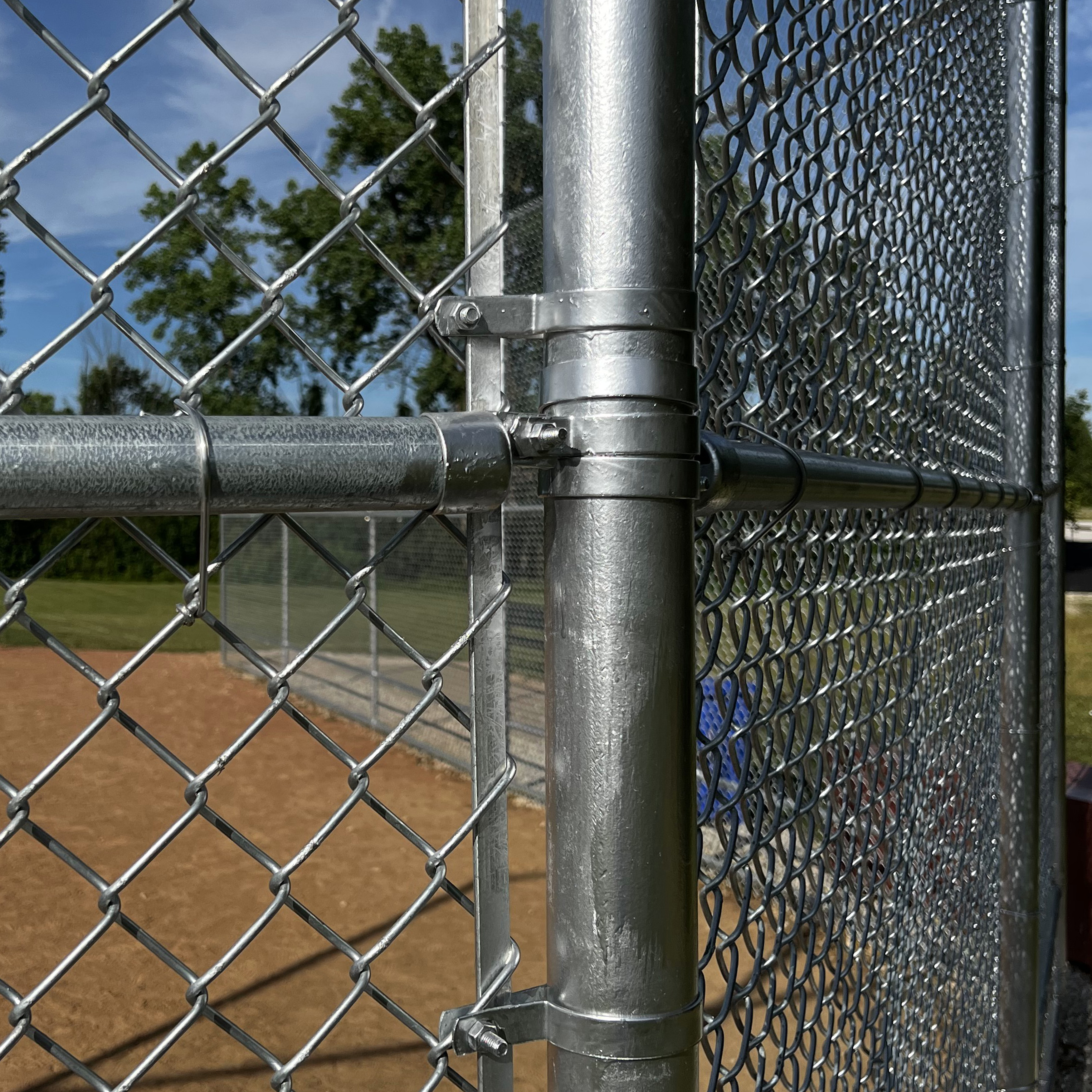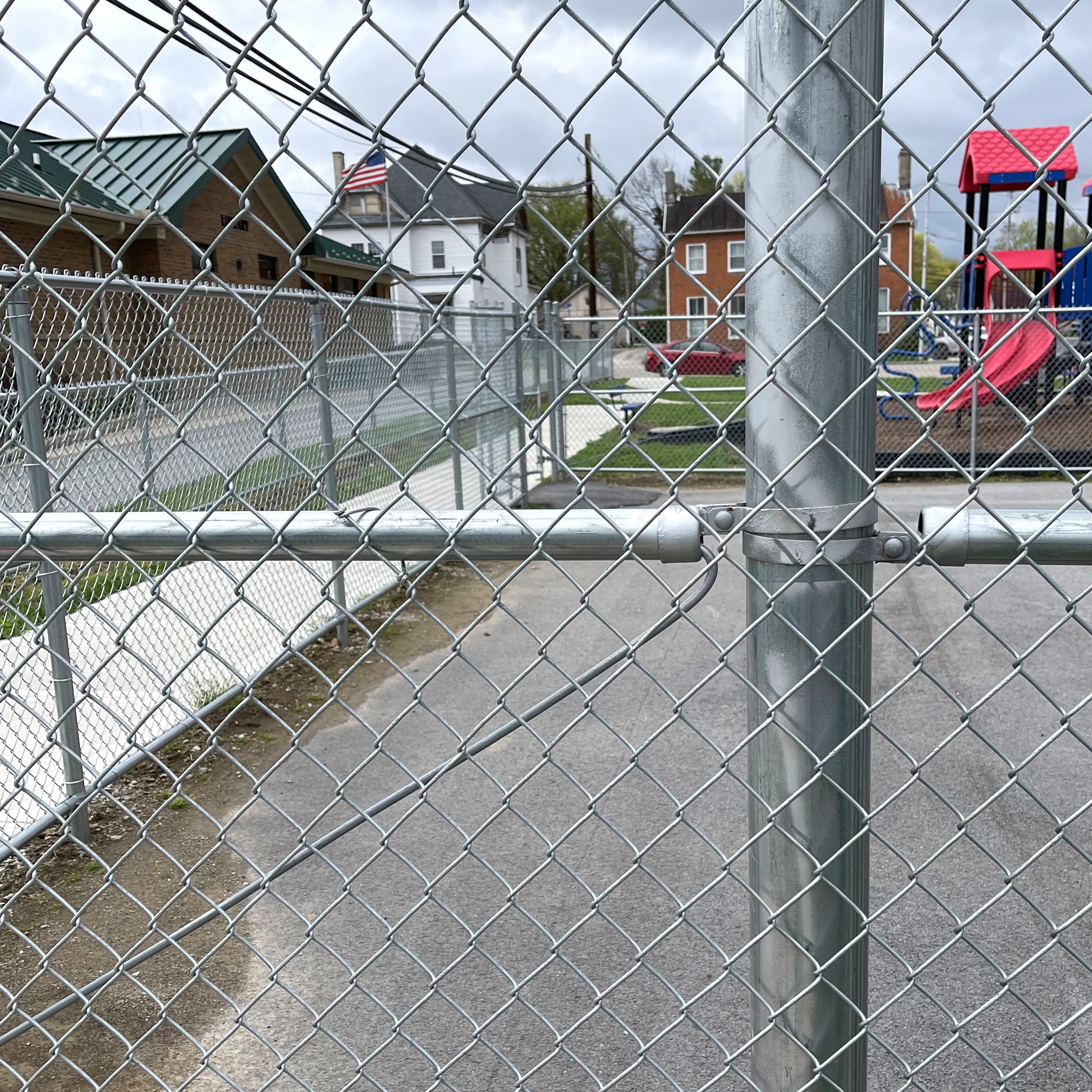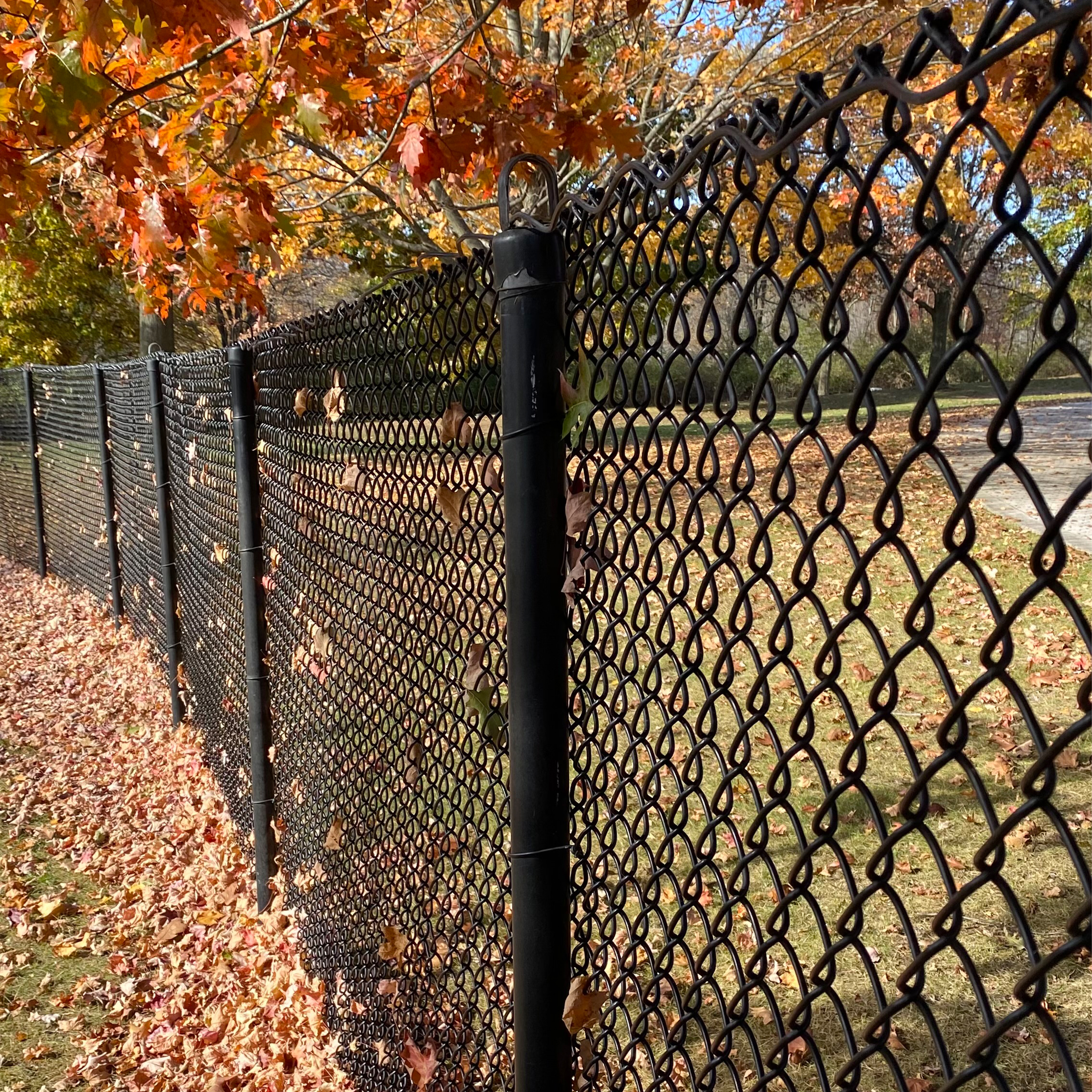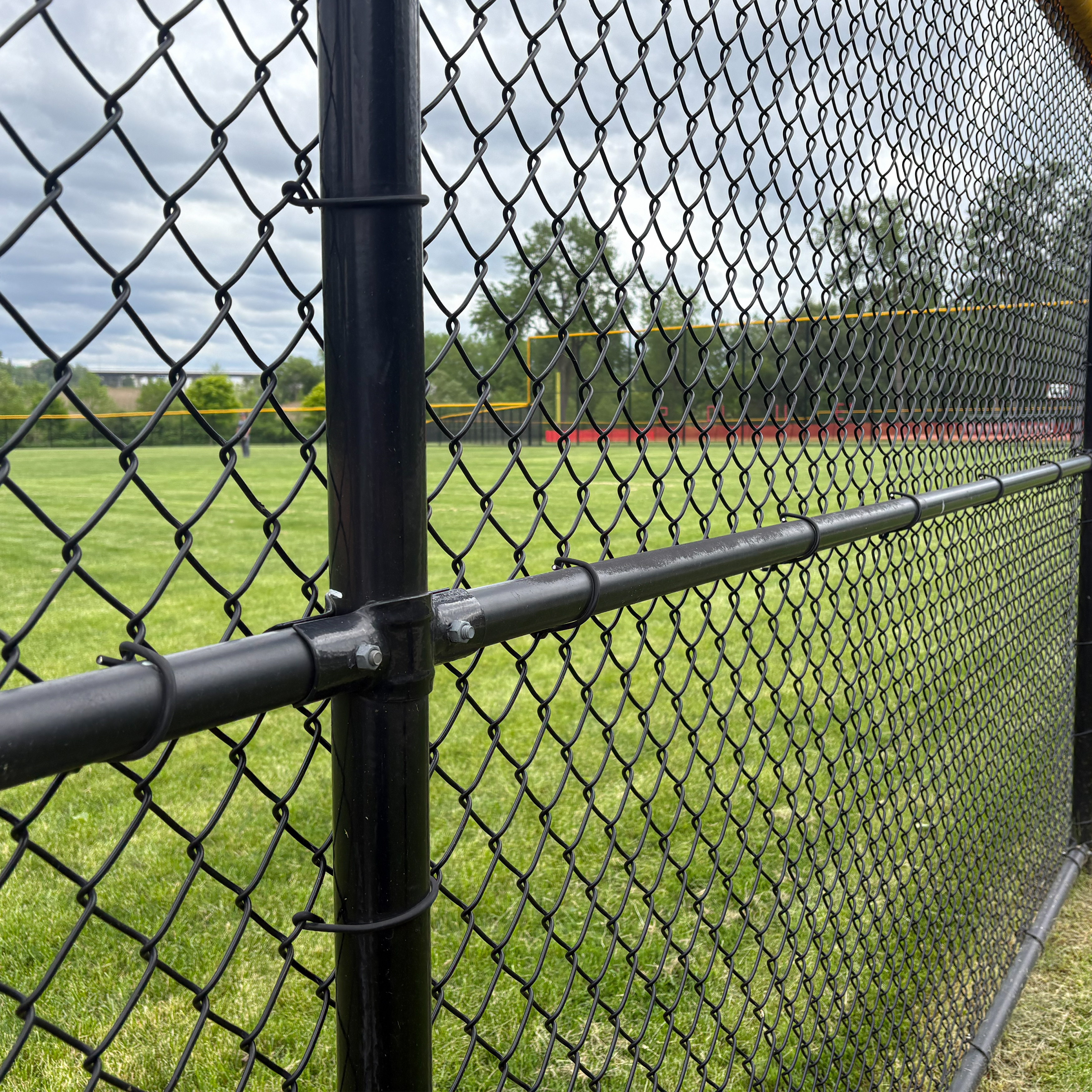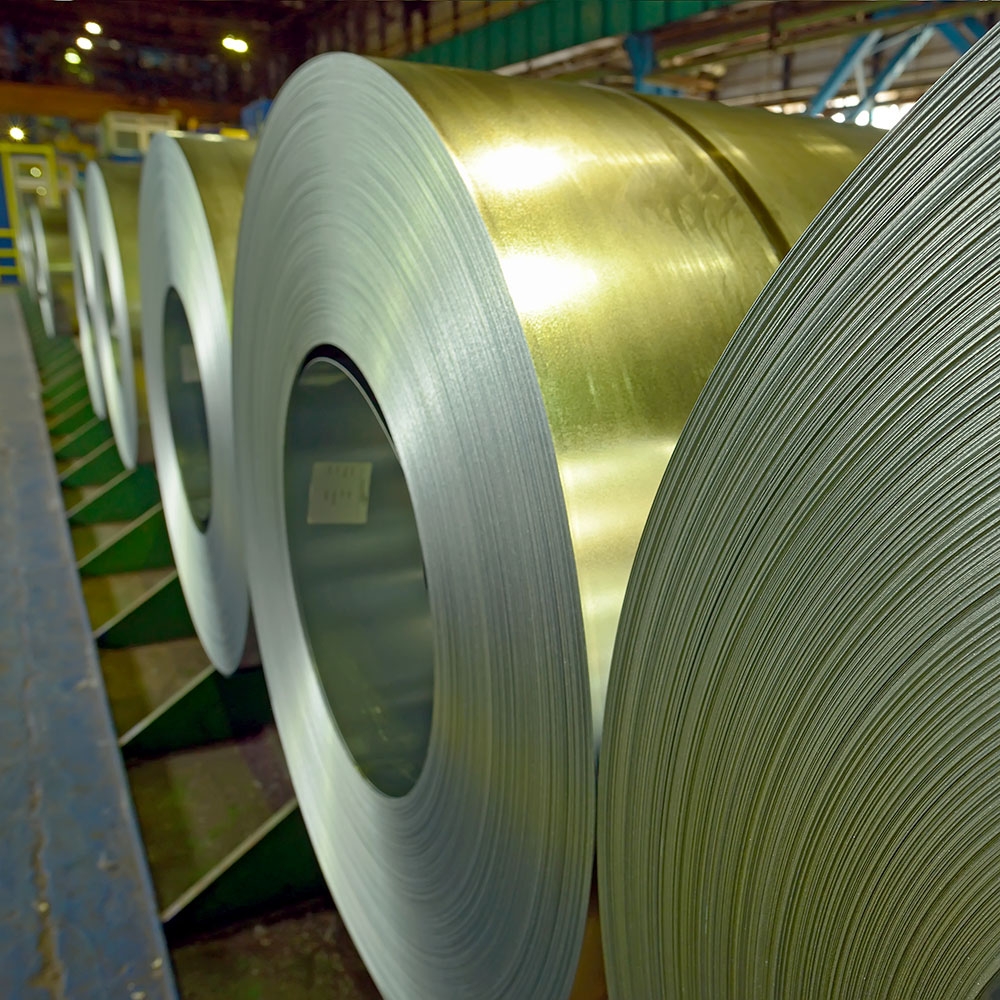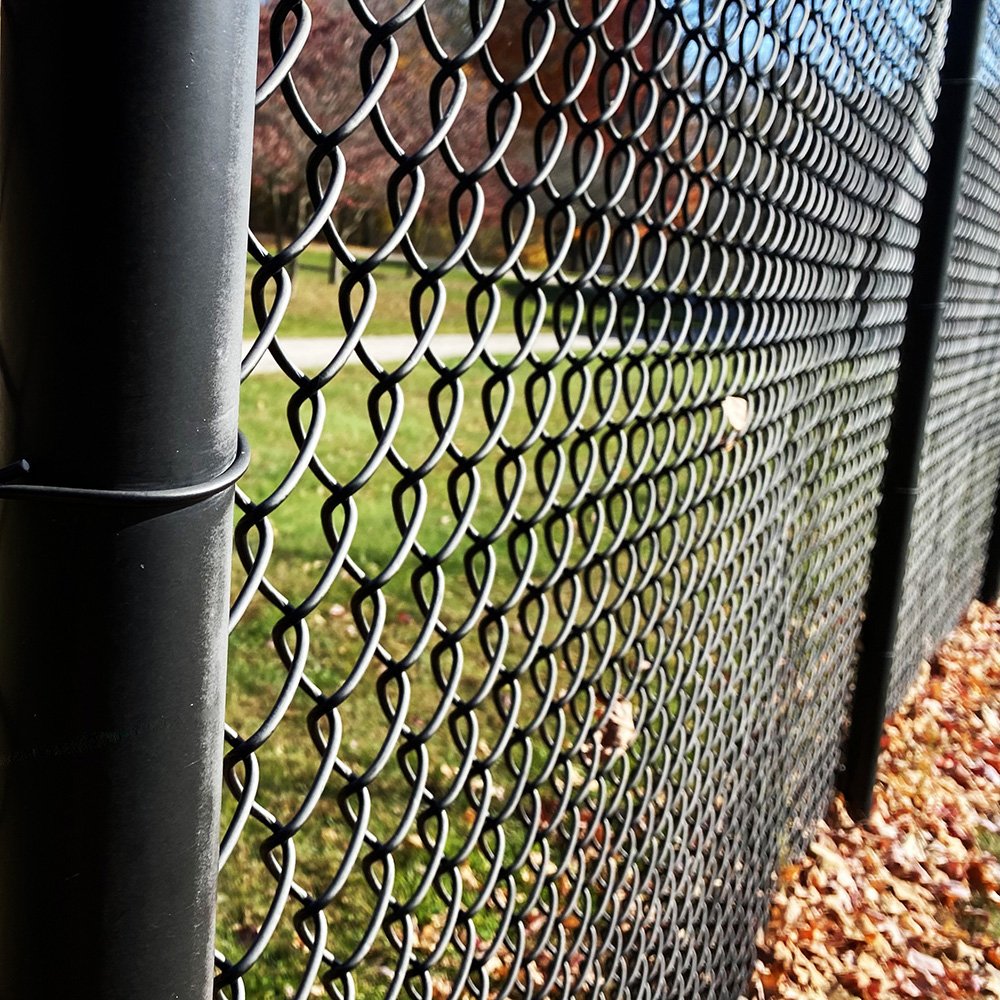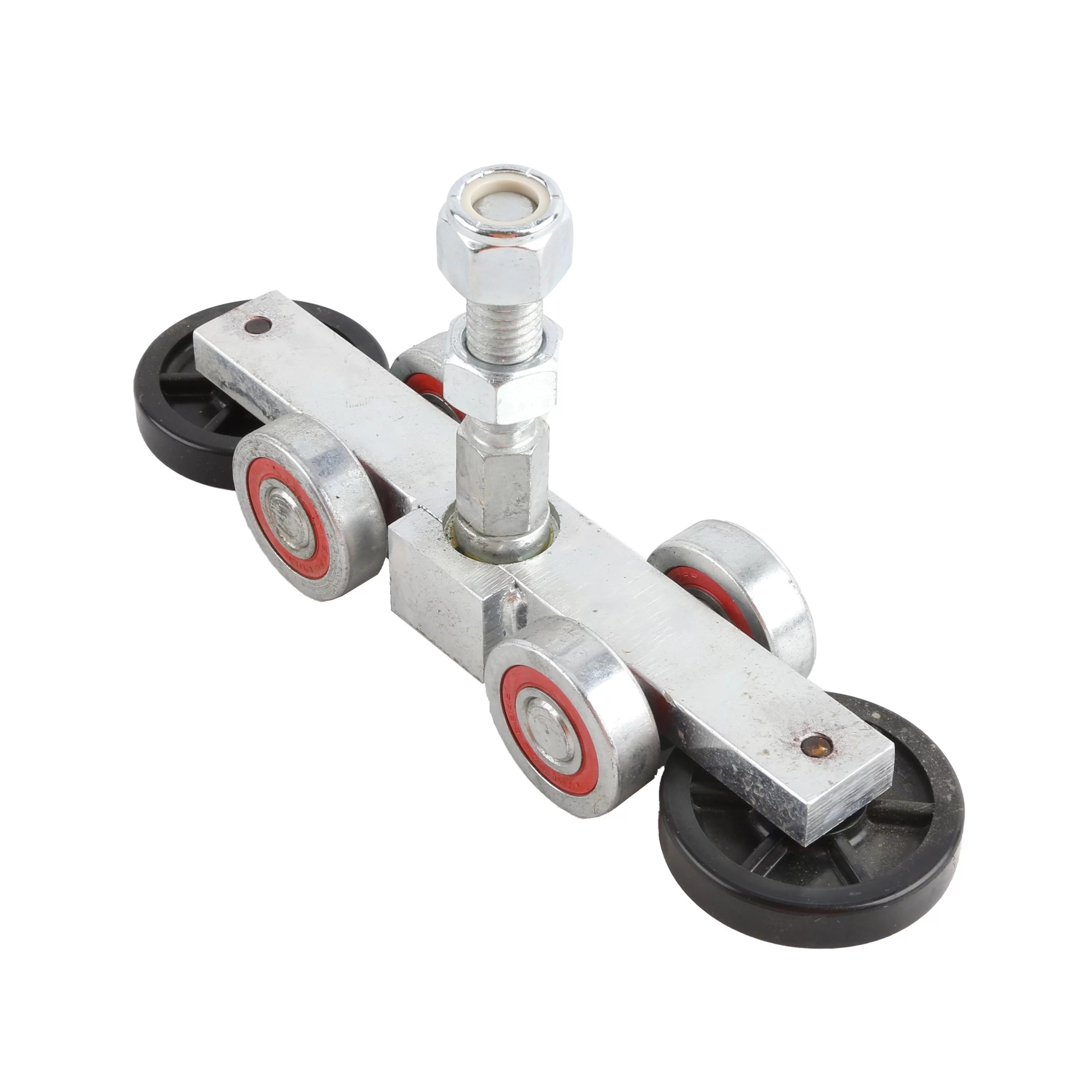Frequently Asked Questions About Chain link Fence
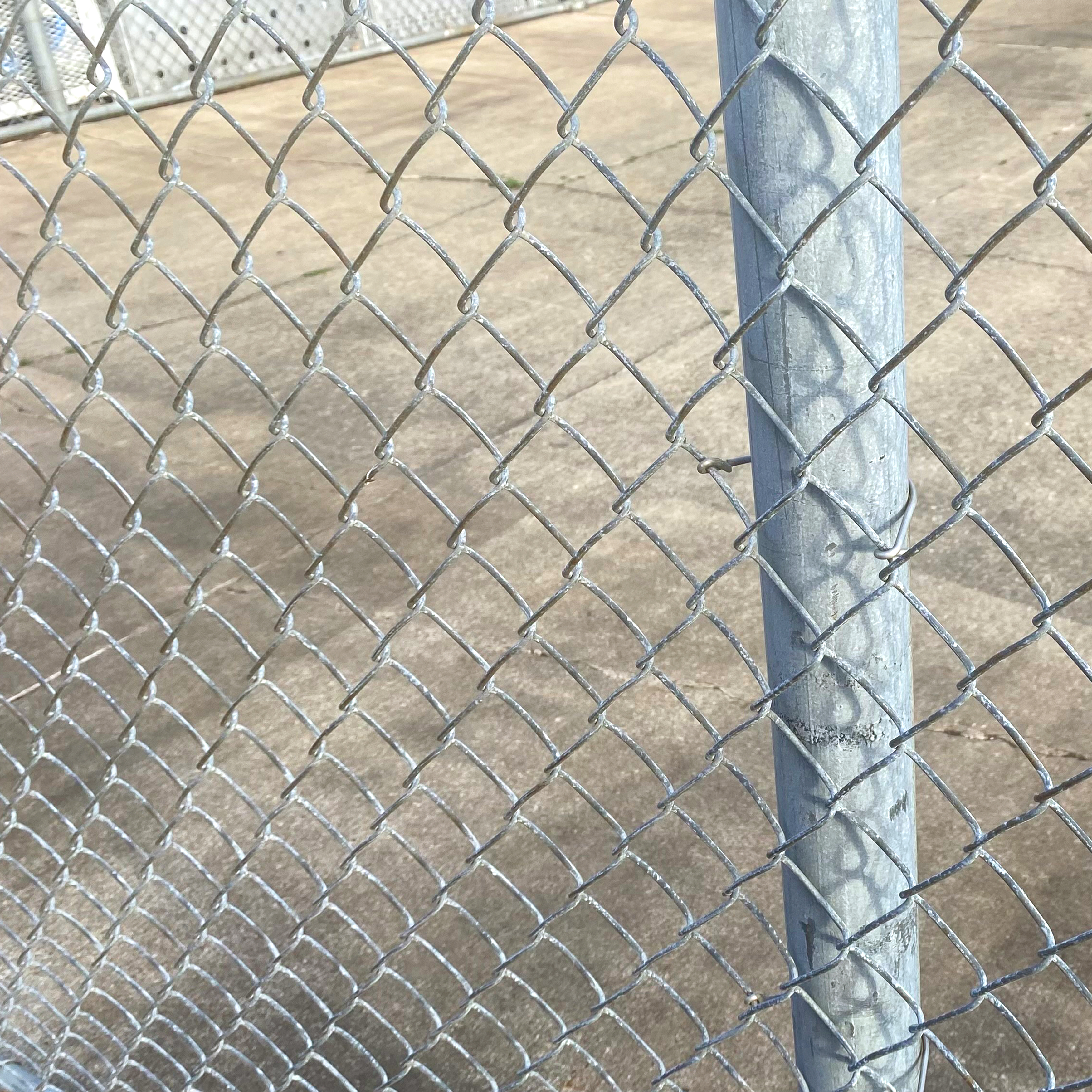
Here we have provided a list of many frequently asked questions about chain link fence and fittings along with answers. There is a lot that goes into chain link fence included hardware, sizing, proper terminology, etc. Hopefully by breaking down some of the more common questions and confusing topics, we can put you on the right track towards your next chain link fencing project! If you don't see the answer to your question, check out our collection of resource articles or you can contact our expert sales team for assistance!
What Size Chain Link Fence Post Do I Need?
The size of your fence post depends on the nature of the project you're working on. For a light residential chain link fence, it's common to use 1 5/8" pipe for line posts and 2 1/2" pipe for terminal, corner, or gate posts. For commercial or industrial installations, line posts are typically either 2", 2 1/2", or 3" pipe, while terminal, corner, or gate posts can be anywhere between 3" and 8", depending on the size of the fence. For length, you want to ensure you have enough material to be buried in the ground. As for thickness, the most common pipe gauge is SS40. Learn more about fence post sizes here.
How Far Apart Should Chain Link Fence Posts Be Spaced?
The typical spacing that installers will use is 8'-10' between posts. However, if your fence is taller or located in a windy area, you may need closer spacing, such as 6'-8'. Spacing should never exceed 10'.
What Gauge Chain Link Mesh Should I Use for Residential vs. Commercial Fencing?
When it comes to choosing a gauge for your chain link mesh, keep in mind that a smaller number is going to be a thicker, more durable material. For residential chain link fence, we recommend using either an 11, 11 1/2, or 9 gauge mesh. For a commercial or industrial fence, 9 gauge will work, but for a more heavy-duty application, 6 gauge is recommended.
What Fittings Are Required to Install a Chain Link Fence?
Installing a chain link fence requires specific pieces of hardware to connect the main components: posts, rails, and fabric. The most essential fittings are:
- Tension bands (to hold the tension bar)
- Tension bars (to stretch and hold the mesh)
- Brace bands (to hold the top rail)
- Rail end caps (to attach the top rail to the terminal post)
- Post caps (to cover your posts)
- Loop caps (to allow passage of your top rail through line posts)
- Fence ties (to hold the fabric against the top rail)
- Carriage bolts (to attach your fittings)
What Tools Do I Need to Install a Chain Link Fence?
The tools you use are ultimately up to you, but some common tools that are used are:
- Bear Hold Stretchers (to stretch small sections of fabric)
- Jack Stretcher with Hook Puller (to stretch moderate-sized sections of fabric)
- Jack Stretcher with Rake Puller (to stretch large-sized sections of fabric)
- Banana Clip Tool (to hold fabric up while it's being stretched)
- Top Rail Fabric Hanging Tool (to hold fabric up while it's being stretched)
- EZ Twist Tie Tool (to easily twist EZ Twist fence ties)
- Knuckling Tool (for chain link mesh knuckling)
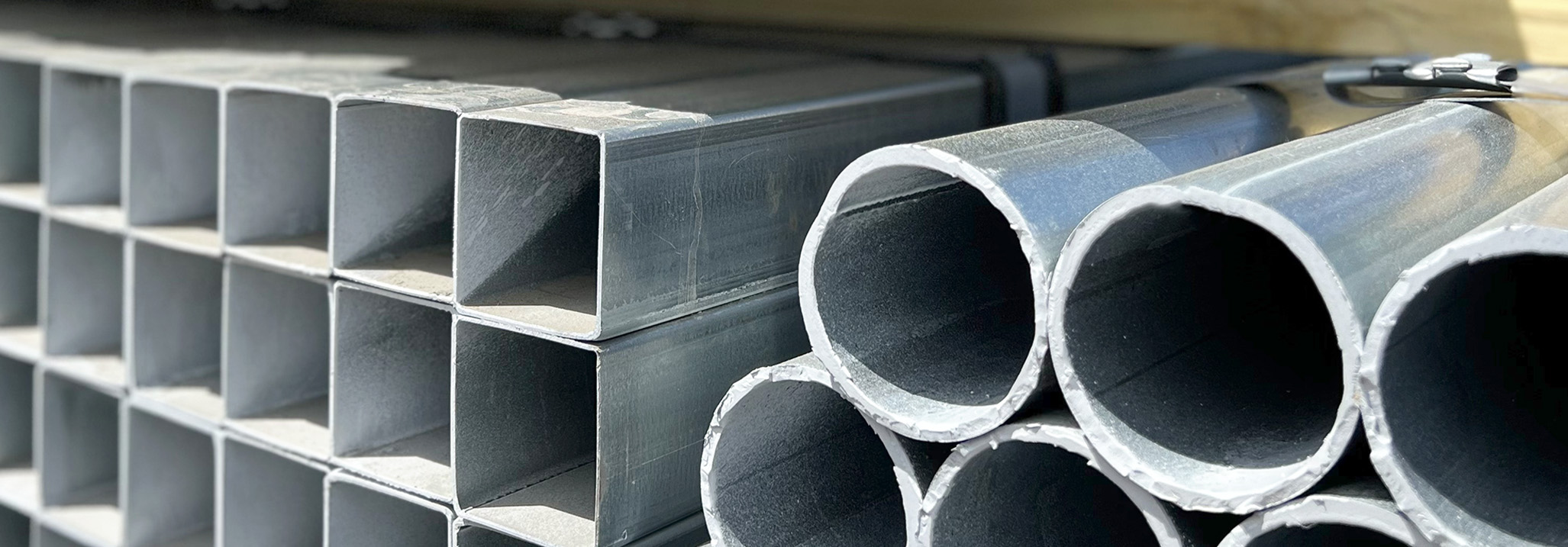
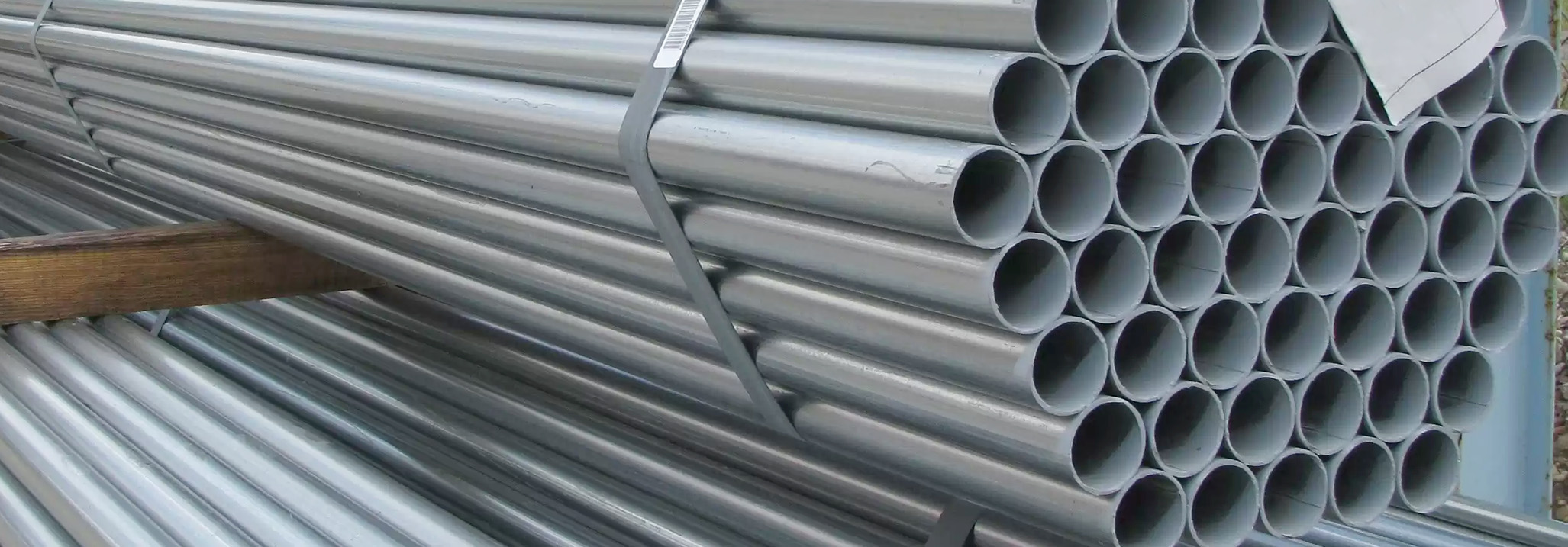
What Is the Difference Between Fencing Pipe and Tubing for Chain Link Fences?
In general, the terms can be interchangeable as they both refer to hollowed-out metal tubes. However, when it comes to fencing, you may see some associate "pipe" with larger, thicker material that is typically used for terminal posts, while tubing may be referred to as thinner, lighter material that can be round or square, commonly used with rails and line posts. Learn more about piping vs. tubing here.
What Is the Difference Between a Brace Band and a Tension Band?
A brace band is used to attach the top rail with an end cap to the terminal post, while a tension band is used to attach the tension bar to the terminal post. The two look similar, but they are different. A brace band is oriented to the center to align the rail properly, while a tension band has longer tabs and an offset orientation so the mesh can be stretched efficiently.
Do Chain Link Fence Fittings Come in Black?
Yes! You can view our wide selection of powder-coated black chain link fittings here.
Which Chain Link Fence Hinges Should I Use for My Gate?
For residential gates, you'll most likely want to use a male and female style hinge. When it comes to commercial or industrial gates, you're going to need something sturdier, like a bulldog or a box hinge. If you need your commercial gate to swing a full 180 degrees, you're going to want to get a 180-degree offset hinge. Learn more about gate hinges here.
What Type of Chain Link Gate Latch Should I Use for a Single Gate vs. a Double Gate?
A single residential gate works great with a standard drop fork latch. For single commercial gates, you should be getting a malleable steel drop fork latch as it is more secure and less likely to bend or break. When you get into residential double gates, you'll need to use your choice of latch in addition to a drop rod. If you have limited space between gate leaves, consider using a fulcrum-style gate latch as it can be adjusted to accommodate tighter spaces. For drop rods, in a residential setting, a traditional drop rod kit will work just fine. If you're looking for something more heavy-duty, you can get a drop fork and guide-style drop rod.
How Do I Stretch Chain Link Fence Mesh?
After your posts are set and your mesh is attached to the first terminal post, you'll need to insert a tension bar into the other side of the mesh and use your choice of stretcher tool to properly stretch the fabric. The bear hold stretcher tool works great for smaller sections. You simply place the rounded edge around the post, hook the fabric in the notched edge, and pull the handle bar until it clamps onto the post. Learn more about the bear hold stretcher tool here. For larger sections, you may want to use a jack stretcher tool. With this tool, you need to hook the rounded edge of the handle onto the post, position the hook bar or rake bar to the fabric, and crank the handle until the mesh stretches.
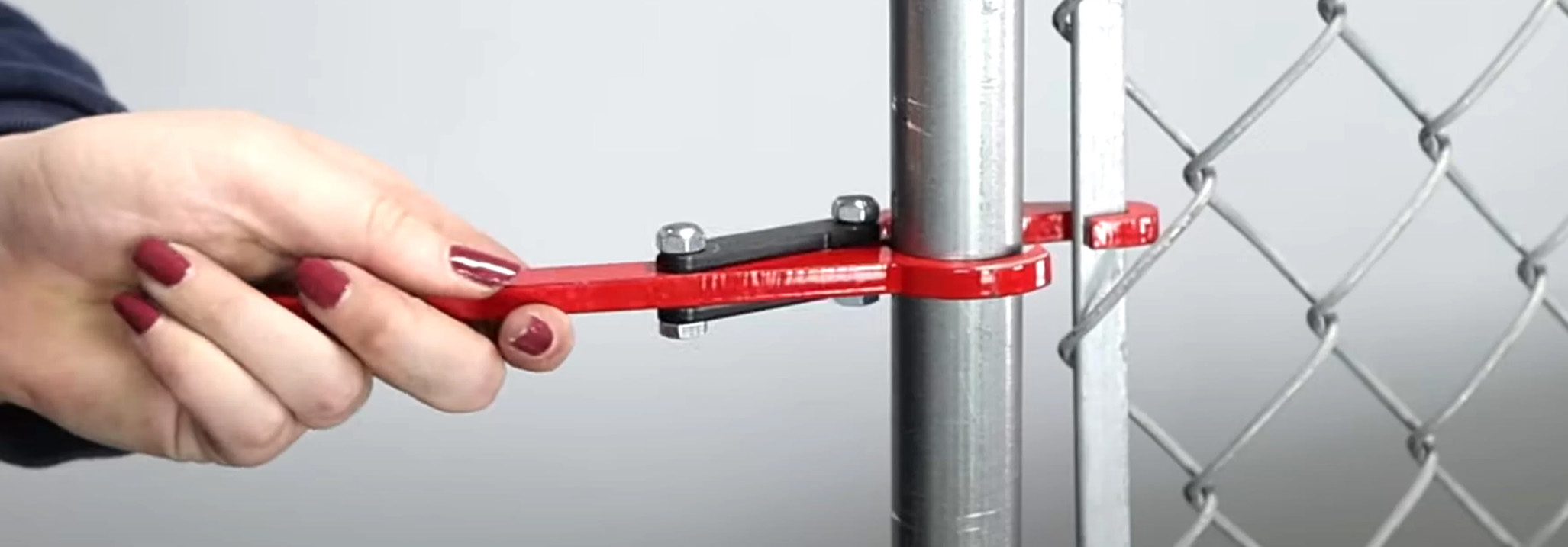
What Is the Standard Chain Link Fence Height?
The height of the fence depends on what is needed for that location, but the most common height for a residential fence is 4'. For commercial properties, the most common chain link fence height is 6'.
Should I Install Barbed Wire or Razor Wire on My Chain Link Fence?
Choosing barbed wire vs. razor wire is dependent on your security goals for your property. Both will make it extremely difficult for intruders to climb over. Barbed wire is easier and safer to work with and is more affordable, but it may not be the best option for a place in need of high security measures. Razor wire is an extreme deterrent for intruders. Not only is it visually intimidating, but it is also very dangerous to climb through. You'll want to use razor wire for maximum security applications. Learn more about barbed wire vs. razor wire here.
Can Chain Link Fences Be Used for Kennels, and What Fittings Do I Need?
Yes! Chain link fence works great for dog kennels. You can use the same type of fittings as a typical chain link fence, but you may need to opt for some specialty hardware if you are concerned about gaps in the kennel. For example, if the gate needs a smaller gap between the post, you can use a dog kennel flip gate latch. Or, if you need something to simply fill in the gap, you can use a post gap filler kit as a way to keep smaller dogs contained.
Why Is My Chain Link Fence Sagging, and How Do I Fix It?
There may be a few causes for your chain link fence to be sagging: the mesh is not properly tensioned, lack of fence ties, or maybe you have defective hardware. Inspect your fence to determine the source of the sagging. Is the fabric loose when you move it side to side? Try restretching the fabric. Is the mesh taut but drooping in the middle of the fence line? Try adding more fence ties. Are any of your fittings broken or loose? Check the fittings of your fence to see if they need replaced or adjusted.
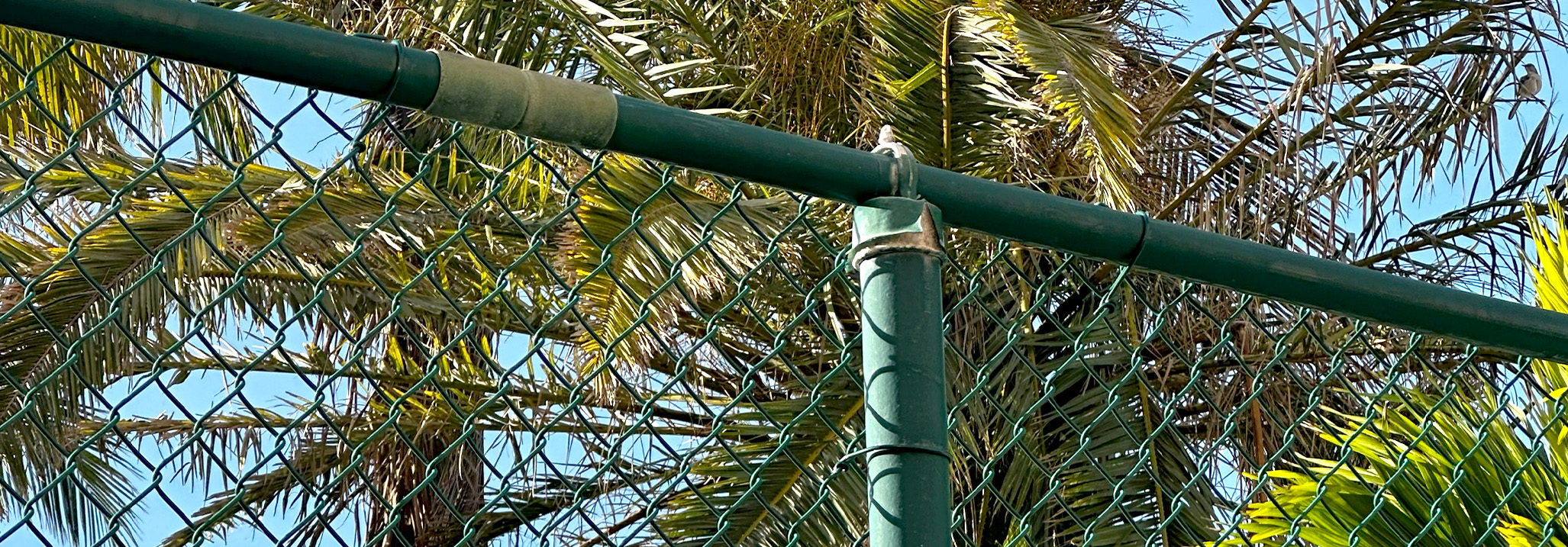
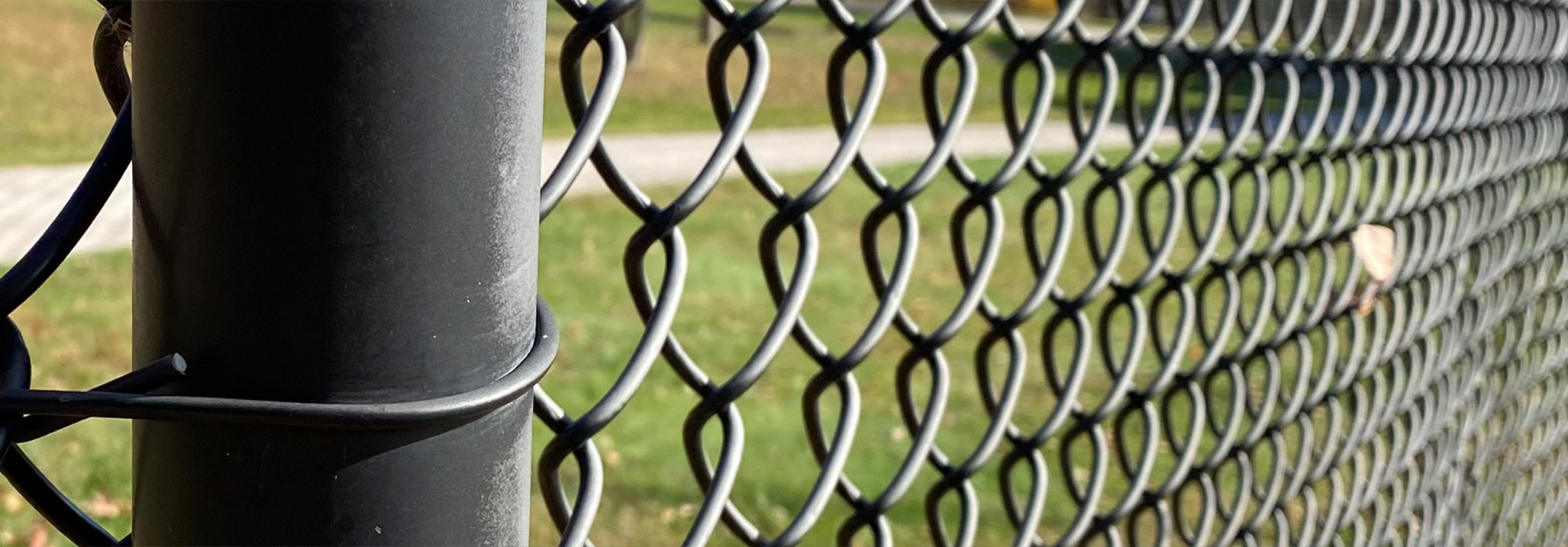
Can I Paint or Coat a Chain Link Fence?
The short answer: yes, however, it may not be the best idea depending on how much you plan to paint. Painting over galvanized steel is not ideal due to the process used to make the material. Paint will not last very long on galvanized steel, and it may be difficult to get an even coat because of the protective oily coating that is applied after the galvanization process. In a pinch, if you need to paint a fitting or two because you cannot find a black chain link fitting that you need, that is fine. But be aware that the paint may not last. See our collection of black chain link fittings here.
Can I Buy Chain Link Fence Parts Individually Instead of in Full Kits?
Yes! We sell plenty of individual fence fittings here at ChainLinkFittings. View our collection of chain link fence parts here.
I Still Have Questions About Chain Link Fence — What Should I Do Now?
Not finding the answer you're looking for? Contact our sales team for more information! We will be happy to answer any questions you may have about chain link fence or fittings, and we can point you in the direction of what you may need for your project.
Contact Us
